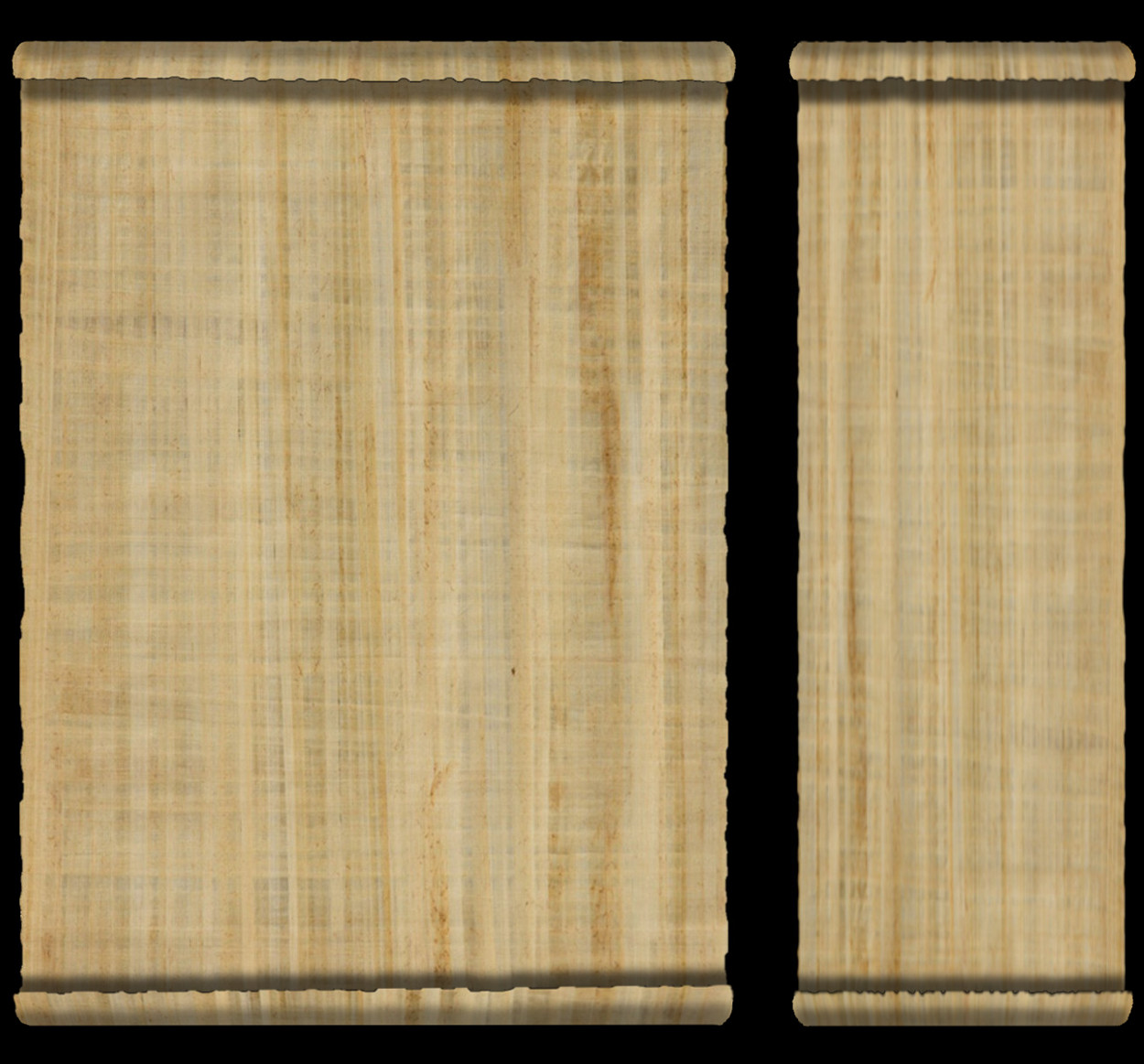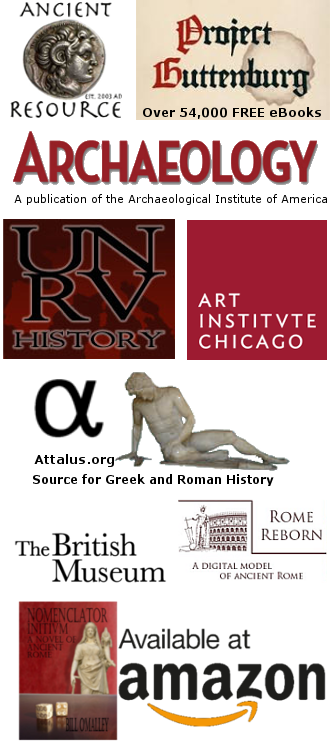



Quaestors - Elected public officials in Rome that were usually in charge of finance and administration.
Quirinal Hill The Quirinal Hill is one of the Seven Hills of Rome, at the north-east of the city center.
Regia The Regia was a two-part structure in Ancient Rome lying along the Sacra Via at the edge of the Roman Forum. It originally served as the residence or one of the main headquarters of kings of Rome and later as the office of the Pontifex Maximus.
Retiarii - Gladiators who carried a trident, a dagger, and a net.
Romulus and Remus - According to the Roman mythology, the twin founders of Rome. They ruled jointly until Romulus murdered his brother and became sole king.
Rostra The Rostra was a large speakers platform in the Forum Romanum during the republican and imperial periods. It was so named because it was decorated with the prows of ships that had been captured in the battle of Antium in 338 BC.
Sacra Via (Sacred Road) The Sacra Via was one of the main streets of ancient Rome, leading from the top of the Capitoline Hill, through some of the most important religious sites of the Forum and beyond.
Salutatio - Salutatio was the formal morning greeting of the Roman patron by his clients.
Sardinia - An Island province of Rome, west of the Italian mainland.
Senate - The deliberative governing body of the Roman Republic.
Seneca Lucius Seneca. Roman philosopher, dramatist, and statesman. In his later years served as tutor to the emperor Nero. In Nomenclator: Initium, Polybius Tychaeus relates his life story to Seneca.
Seneca the Elder The father of Lucius Seneca. He wrote a collection of Debates and Pleadings.
Seven Hills of Rome The Seven Hills of Rome are hills and outcroppings from higher ground, east of the river Tiber and form the geographical heart of Rome, within the walls of the ancient city. The hills are: Aventine Hill (Aventinus), Caelian Hill (Caelius), Capitoline Hill (Capitolinus), Esquiline Hill (Esquilinus), Palatine Hill (Palatinus), Quirinal Hill (Quirinalis) and the Viminal Hill (Viminalis).
Sicilia Modern day Sicily and the first province of Rome.
Spartacus - Thracian slave trained as a gladiator. Spartacus became the leader of massive slave revolt. The revolt was eventually put down but reminded the people of Rome how vulnerable they were because of the large number of slaves living in Rome and Italia.
Stoicism - Stoicism is a school of Hellenistic philosophy founded in Athens by Zeno of Citium in the early 3rd century BC. The Stoics taught that destructive emotions resulted from errors in judgment, and that a sage, or person of "moral and intellectual perfection", would not suffer such emotions.
Strabo - Greek historian, philosopher, and geographer. Strabo lived 64/63 BC c. AD 24.
Strigil - The strigil is a curved metal or bone tool for cleansing the body by scraping off dirt, perspiration, and oil that were applied before bathing.
Stylus A stylus is a writing utensil, often made of metal or bone. In ancient times styli were used to etch words into a wax tablet with its pointed end. Often the stylus would be flattened on one end so the user could scratch out errors or to reuse the tablet in note-taking.
Sulla Lucius Cornelius Sulla Felix was a Republican Statesmen. Sulla was consul twice and was named dictator at the height of the struggle between the Populares and the Optimates. He is noted for his brutal suppression of political dissent.
Sundial - A sundial is a device that tells the time of day by the apparent position of the Sun in the sky. Sundials had several inherent drawbacks. Most notably, they only worked during the day, required the proper orientation, and needed to be calibrated to the latitude where they were being used.
Sybylline Books The Sybylline Books were a collection of oracular utterances, set out in Greek hexameters, which according to tradition were purchased from a sibyl by Tarquinius Superbus, the last king of Rome, and were consulted at momentous crises through the history of the Republic and the Empire. Only fragments have survived, the rest being lost or deliberately destroyed.
These links are being provided as a convenience and for informational purposes only; they do not constitute an endorsement or an approval by Nomenclator Books or Bill O'Malley of any of the products, services or opinions of the corporation or organization or individual. Nomenclator Books and Bill O'Malley bears no responsibility for the accuracy, legality or content of the external site or for that of subsequent links. Contact the external site for answers to questions regarding its content.
